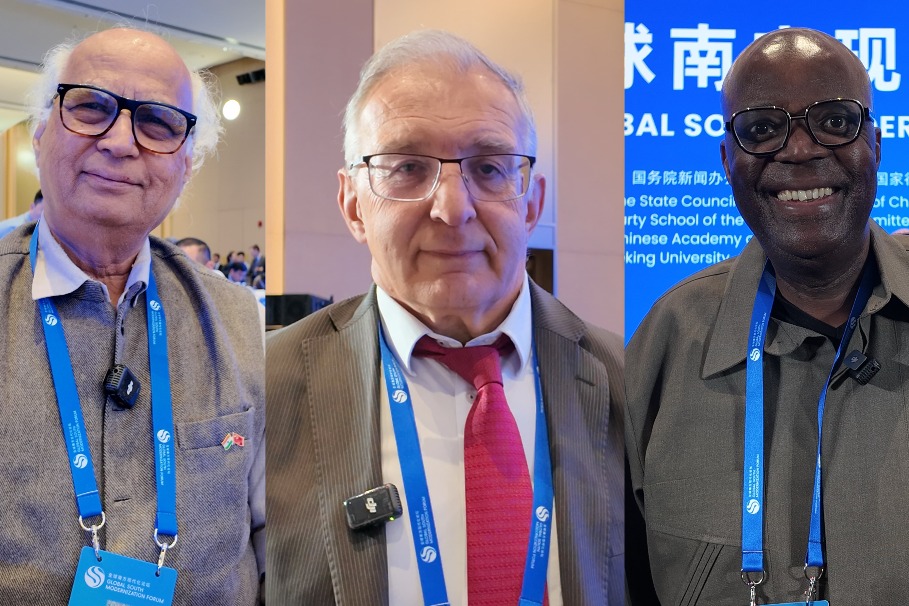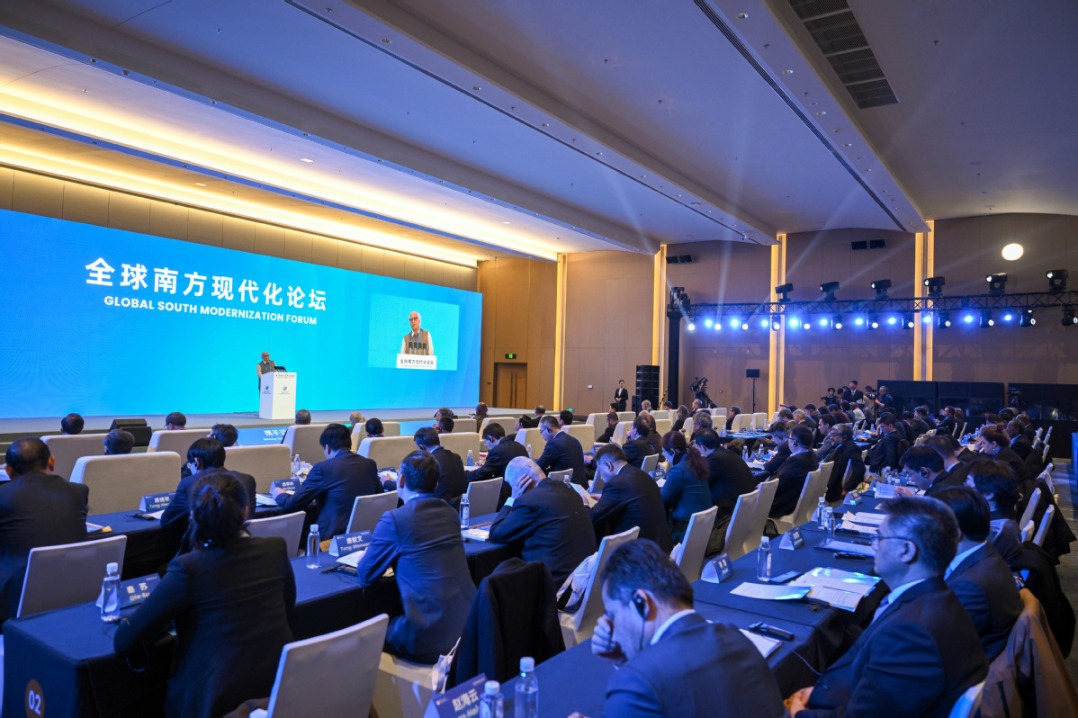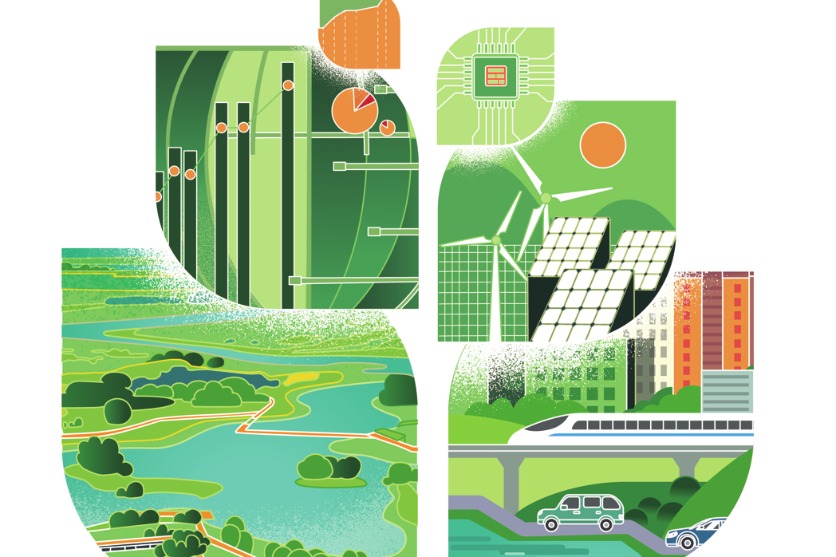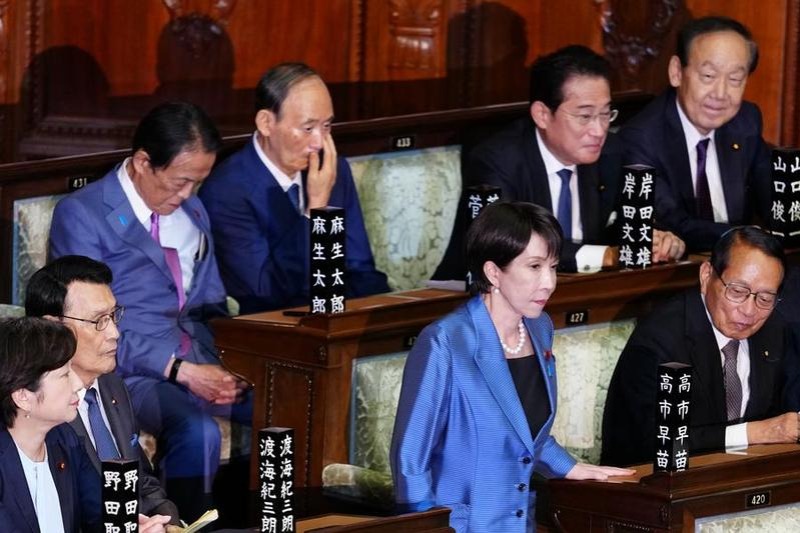15th National Games embodiment of high-quality development: China Daily editorial

The National Games are the highest-level, largest-scale and most influential domestic sports event. Successfully hosting the Games and making them a spectacular event leverages the role of sports in enriching the country's sports culture, boosting the sports economy, and stimulating people's enthusiasm for national fitness.
This year, the Games jointly hosted by Guangdong province and the Hong Kong and Macao special administrative regions have turned the Guangdong-Hong Kong-Macao Greater Bay Area into a model of coordinated sports development.
Cross-boundary events, such as the men's road cycling race that spanned Zhuhai, Macao and Hong Kong, and the marathon linking Shenzhen and Hong Kong, showcased a new level of infrastructural connectivity and administrative coordination.
The pioneering model of preclearance, closed-loop operations and seamless border crossings delivered an unprecedented "no-brakes" race experience, presenting a compelling example of how the "one country, two systems" framework can generate new momentum in sports, mobility and people-to-people exchanges.
These achievements are closely aligned with national development priorities. The central authorities have emphasized that the GBA must serve as a high-quality development engine. And advancing recreational and competitive sports is integral to building China into a strong sporting nation and realizing the goal of a Healthy China.
The 15th National Games, which closed on Friday, were successfully held at a time when the main goals of the 14th Five-Year Plan (2021-25) are on course for completion and the Recommendations of the Central Committee of the Communist Party of China for Formulating the 15th Five-Year Plan (2026-30) for National Economic and Social Development have been released. The Games clearly showed that when the country thrives, sports thrive; when the nation is strong, sports are strong.
The National Games have never been solely about elite competition. Since their modest beginnings in 1959, the Games have played a critical role in shaping China's sports system and inspiring mass participation. This year's event continued that tradition. More than 16,000 amateurs competed in mass events, illustrating the depth and vitality of China's fitness-for-all movement. Over 38.5 percent of residents engage in regular physical activity. The Games served as both a mirror and a catalyst of the country's progress in promoting public health.
The GBA's rich and diverse culture also enriched the Games. From Lingnan lion dance performances during the torch relay to the emblem using Guangdong's kapok, Hong Kong's bauhinia and Macao's lotus, the Games highlighted shared cultural roots. The joint entrance of the three host delegations at the opening ceremony, and the joint cauldron lit by athletes from Guangdong, Hong Kong and Macao, offered a powerful expression of unity and collective aspiration.
Technology was another defining feature of this year's event. From the officiating assisted by artificial intelligence and 5G+8K broadcasting to robots presenting the awards and autonomous venue shuttles, more than 130 advanced technologies were deployed. The torch relay itself broke new ground: the source flame was ignited underwater using deep-sea methane hydrates, while a humanoid robot — powered by 5G-A networks — completed a full relay segment without modification. These innovations did more than provide spectacle; they reflected China's growing capability to apply new technology at scale. The progress of China's sports in recent years is also attributable to the comprehensive application of advanced technologies.
As the curtain falls on the 15th National Games, what remains is sporting prowess. Chinese athletes, who have captured hundreds of world titles over the past five years, continue to use the National Games as a proving ground. For many disciplines — from table tennis and diving to weightlifting — the domestic field remains as competitive as the global stage, reinforcing China's confidence heading into future Olympics.
Internationally, the presence of International Olympic Committee President Kirsty Coventry and IOC Honorary President for Life Thomas Bach at the opening of the Games underscored the world's recognition of China's progress in sports.
The vitality of the Games symbolizes the overall social and economic vitality of not only the Greater Bay Area but also the country's modernization drive. The success of the Games has effectively fostered the national identity among the people of the two SARs and promoted the integration of Hong Kong and Macao into national development.
The momentum generated by the Games across the GBA — both in the elite competitions and mass participation — will continue to drive China toward its economic and social development goals for the 15th Five-Year Plan period and beyond.
This year's Games may have concluded, but their legacy will endure in a more integrated region, a more active population and a more confident sporting nation moving steadily toward the future.


































